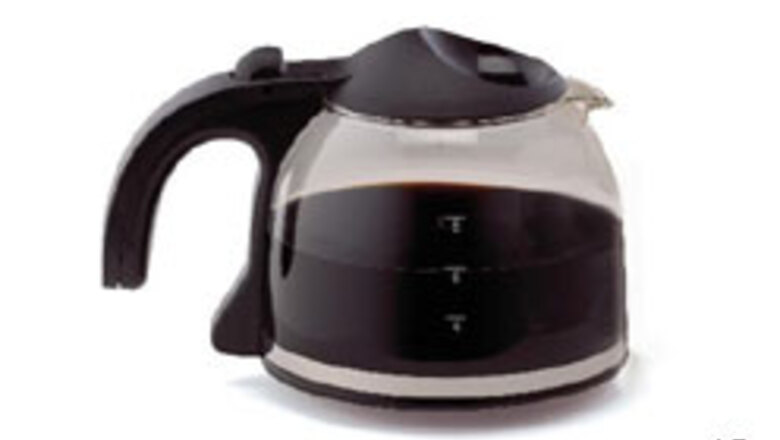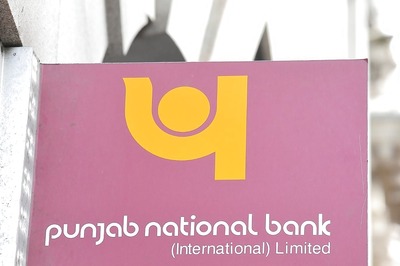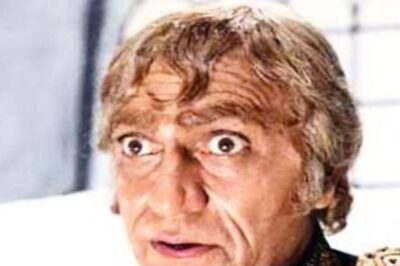
views
New York: Decaf coffee is often not totally caffeine-free, a new study shows.
In fact, while these beverages have far less caffeine than a cup of regular coffee, they still may have enough of the stimulant to cause physical dependence on them.
As Dr. Bruce A Goldberger of the University of Florida College of Medicine in Gainesville said.
"The concentration of caffeine in these brewed decaf coffees does have physiological and behavioral effects on a person."
Goldberger and his colleagues tested the caffeine content of decaf from 10 different coffee establishments.
Only one- Folger's Instant- contained no caffeine. The rest contained anywhere from 8.6 milligrams to 13.9 mg for a 16-ounce cup, the team reports in the Journal of Analytical Toxicology.
The researchers also tested six samples of decaf espresso and six of decaf coffee from Starbucks, and found a wide variation in their caffeine content.
Decaf espresso shots contained from 3 mg to 15.8 mg of caffeine, while decaf coffee ranged from 12 mg to 13.4 mg.
A previous study by Goldberger and his colleagues found caffeinated specialty coffees contained an average of 188 mg per cup.
While the decaf tested in the current study contains only a small fraction of the caffeine found in a regular cup of java, Goldberger noted, the amount could be harmful for people who must restrict their caffeine intake for medical reasons.
That might include people with a type of kidney disease, individuals with anxiety, or those taking certain types of drugs.
Also, he and his colleagues point out, people who drink several decaffeinated beverages daily may wind up taking in a considerable amount of caffeine.
"For people who need or want to abstain from caffeine, they should also abstain from decaf coffee," Goldberger advised.




















Comments
0 comment